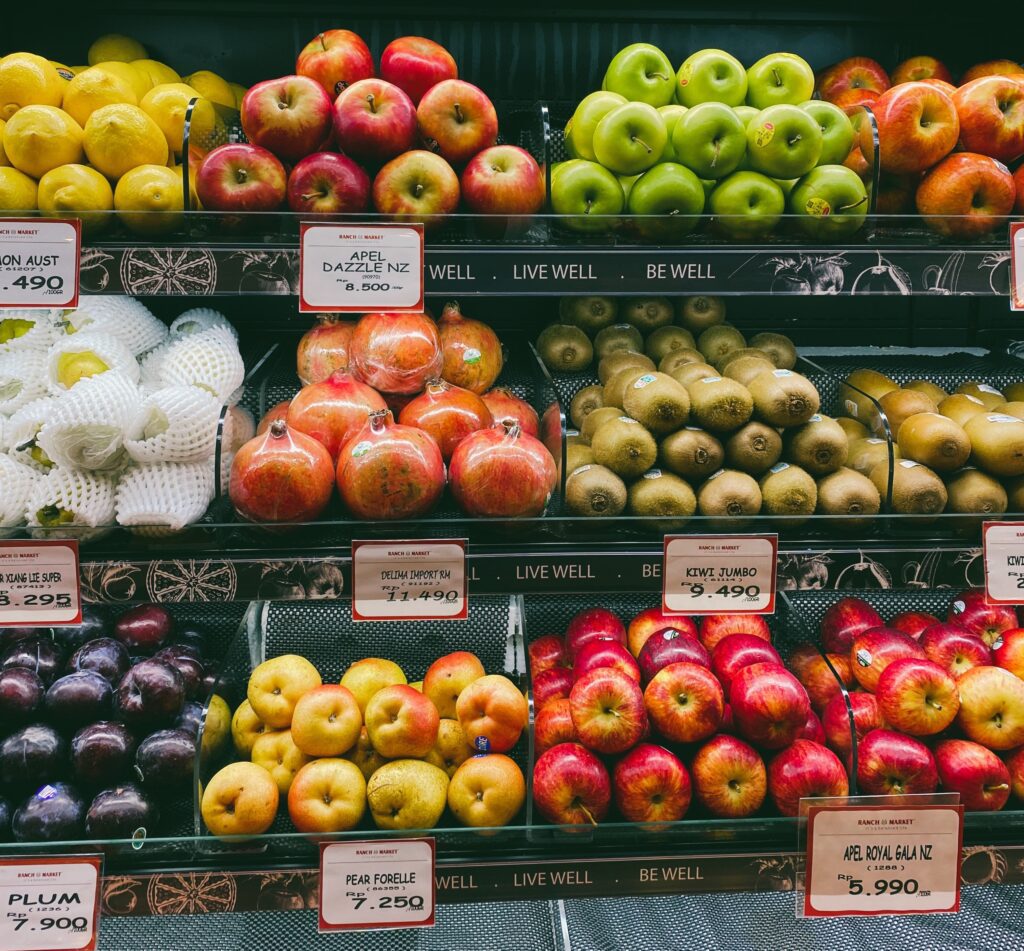Achieving food security, sustainability, and equitable trade agreements are challenging goals. Making meaningful progress in any one of those areas requires addressing the other two as well, leaders from the agriculture, trade, and environmental sectors agreed in a recent World Trade Organization (WTO) panel discussion.
Held Sept. 10 as part of the WTO public forum on “Re-Globalization,” the panel, entitled “Sustainable Agriculture: Balancing Trade, Food Security, and Environmental Goals,” examined how nations could reimagine agricultural practices and trade frameworks to meet the growing challenges of climate change, food security, and economic inequality.
Food security moves to center stage
“Sustainability and food security are not separate issues; they are inextricably linked,” said Ambassador Guilherme de Aguiar Patriota of Brazil, the panel moderator, setting the stage for the discussion.
With the increasing threat of climate change and the ongoing economic slowdown, agricultural trade can no longer focus solely on liberalization, he added. Instead, WTO member states must prioritize embedding sustainability into every aspect of agricultural policy, or else risk exacerbating long-term food insecurity.
Patriota stressed that food security, previously peripheral in WTO discussions, has now become a central element in agricultural negotiations—reflecting a changing global narrative that prioritizes sustainable production as key to economic resilience.
Aligning trade and sustainability: Challenges and opportunities
Noting that trade can both support and undermine environmental goals, Chantal Carpentier, Head of Trade Environment and Climate Change Branch at UNCTAD, highlighted the need for trade policies that are not only environmentally sound but also fair to developing nations.
“We must avoid using environmental goals as an excuse for protectionism,” she warned. She said that if countries implement trade barriers under the guise of sustainability, it can disproportionately impact smaller economies.
Carpentier’s insights sparked a broader conversation about the potential pitfalls of aligning environmental policies with trade—mainly, how to ensure that sustainability goals do not become tools of exclusion. “It’s about balance,” she said, noting that while environmental objectives are crucial, they should not come at the cost of economic justice for emerging markets.
Grounding sustainability in reality: Producers’ perspectives
A practical perspective on how trade policies impact small and medium-sized producers was provided by Luiz Bercelos, institutional director of the Brazilian Association of Producers and Exporters of Fruits (Abrafrutas) and a founding partner in fruit producer Agrícola Famosa.
Bercelos, whose company exports fruit to Europe, highlighted the sector’s struggle with high trade barriers, calling for more nuanced sectoral negotiations at the WTO. He suggested that fruits—given their essential role in nutrition and trade—could become a test case for broader agricultural liberalization, and other panelists suggested this is a pragmatic approach. While global dialogues on sustainability are crucial, the direct experiences of farmers and producers must remain central to policy considerations, Bercelos said.
“If we can’t create trade pathways that allow sustainable smallholder farms to thrive, the whole system falls apart,” he noted. Bercelos’s input to the panel brought into sharp focus the logistical challenges of bringing perishable products like fruits to international markets, and he stressed that trade reform must go beyond philosophical alignment to real-world applicability.
Productivity is the key to sustainability
More advanced farming techniques can result in greater productivity, which can ultimately be more sustainable, argued Stan Phillips, Minister Counsellor for Agriculture Affairs at the U.S. Mission to the WTO.
“Sustainable agriculture is about more than just producing more—it’s about producing smarter,” Phillips said. He presented the USDA’s Partnerships for Climate-Smart Commodities as an example of how to align innovation with environmental goals. Increasing productivity through smart farming techniques could alleviate the pressure to expand agricultural land, thus protecting ecosystems while meeting growing global food demands, he said.
Phillips also emphasized that productivity growth is not solely the responsibility of governments. “Private sector innovation is a driving force,” he said, highlighting the importance of partnerships between governments, businesses, and farmers to foster innovation and ensure that agricultural systems remain adaptable and resilient in the face of climate change.
Looking toward a new framework for agricultural negotiations
The session closed with a forward-looking discussion on the future of WTO negotiations. Patriota called for a broader approach that goes beyond the current deadlock on traditional trade issues, urging WTO members to consider sustainability and food security as integral parts of future talks. “We must change the narrative,” he said, emphasizing that without integrating environmental sustainability into the global trade conversation, future agricultural reforms will fall short.
Argentina’s Minister Counsellor Josefina Bunge echoed this sentiment, detailing how Argentina’s approach to sustainable intensification—using precision agriculture to produce more while using fewer resources—offers a viable model for other nations. Bunge also touched on the importance of fostering international collaboration, noting that countries like Argentina are at the forefront of innovation but they require strong international frameworks to support their efforts.
In general, panelists agreed, the road to sustainable global farming requires an overhaul of current trade practices and policies.














